By April Rodgers, Content Coordinator | FreeWire—Your News, Your Voice
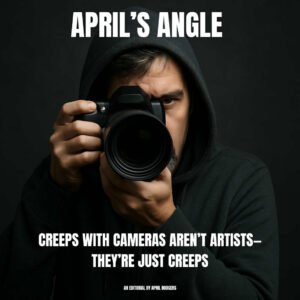
There’s a difference between capturing life and invading it.
More and more people—especially here in small-town Ohio—have noticed strangers hanging around public spaces, snapping photos of everyday folks without permission. These aren’t photographers working on a project. They’re not documenting family or friends. They’re pointing a lens at strangers—or people they vaguely know in passing—and silently clicking away.
As a member of the media, yes, I do take photos in public. It’s part of the job. But when I do, it’s obvious—I’m out in the open, not hiding behind corners or pretending not to be taking a picture. I’m covering an event, telling a story, and my presence is clear. That’s worlds apart from someone sneaking a photo of strangers eating dinner just to post it on social media—not to show off the food or support the restaurant, but to talk trash about the people in the background.
This isn’t about creativity. These people aren’t trying to make art. They’re trying to collect “evidence” for others to dissect online. They’re feeding screenshots to group chats, message boards, or Facebook threads where people can pick apart others appearance, behavior, or parenting skills. The goal? Stir up controversy or pass judgment—none of which actually requires a camera.
Yes, public spaces are public. But being out in public doesn’t erase a person’s right to feel safe from targeted scrutiny or humiliation. Just because it’s legal to take a picture doesn’t make it ethical. Especially when the subject clearly isn’t inviting the attention.
People should be able to attend a festival, walk their dog, watch a little league game, or eat on a restaurant patio without wondering if someone is lurking nearby, phone in hand, ready to snap and upload a moment they have no context for.
Those who claim they’re just “documenting” should ask themselves: documenting what, exactly? If nothing harmful is happening, what’s the purpose of the photo? If you’re only capturing someone so that others can speculate later, you’re not helping—you’re harassing.
Communities work best when people look out for each other, not spy on each other. Real concern comes with context, compassion, and communication—not secret snapshots posted to stir the pot.
If you wouldn’t want someone doing it to you, don’t do it to someone else. It’s that simple.


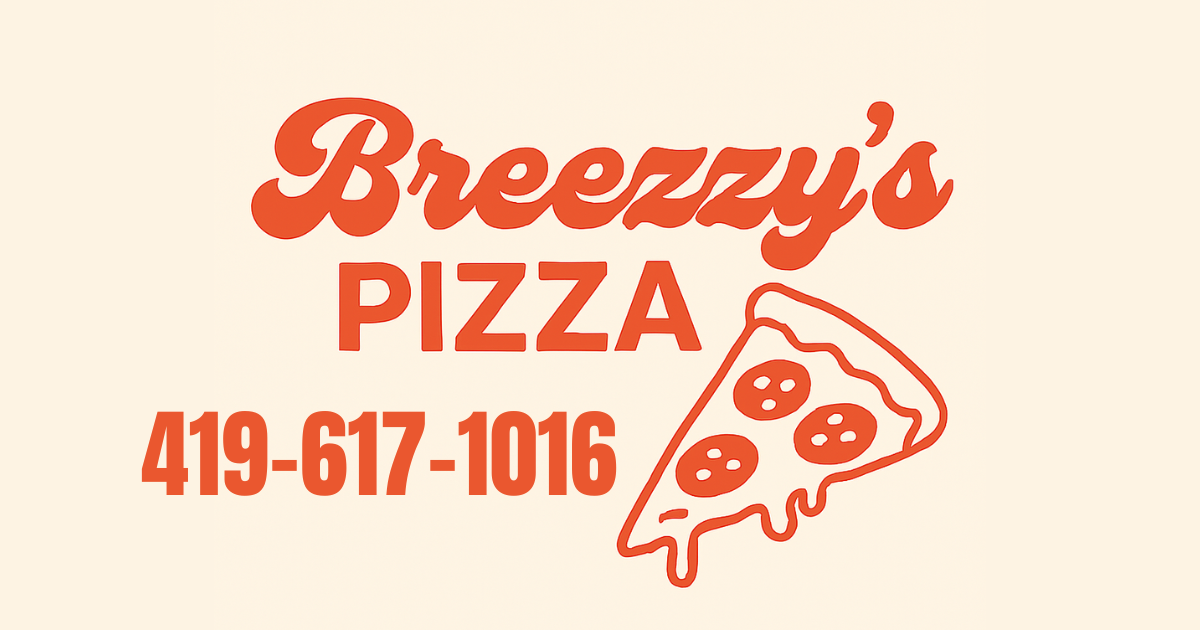

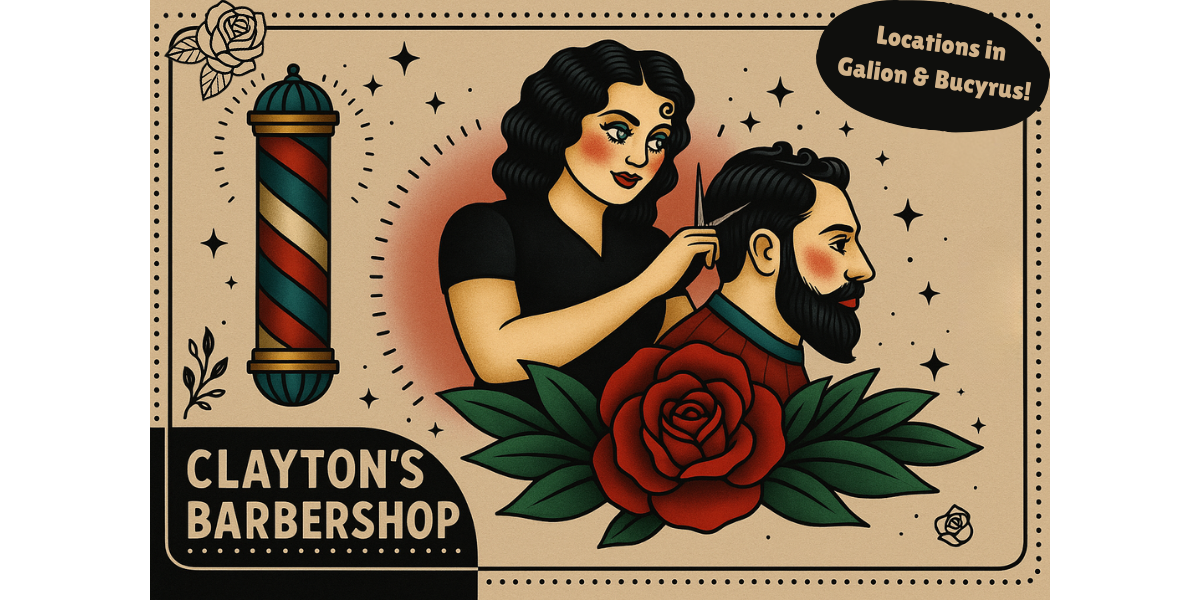



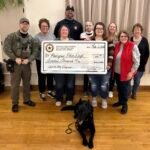



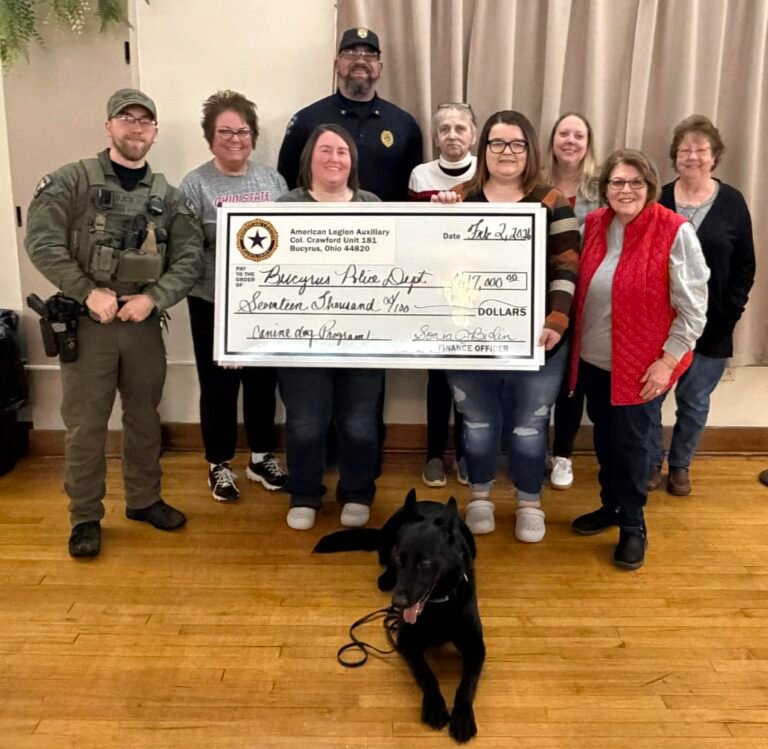
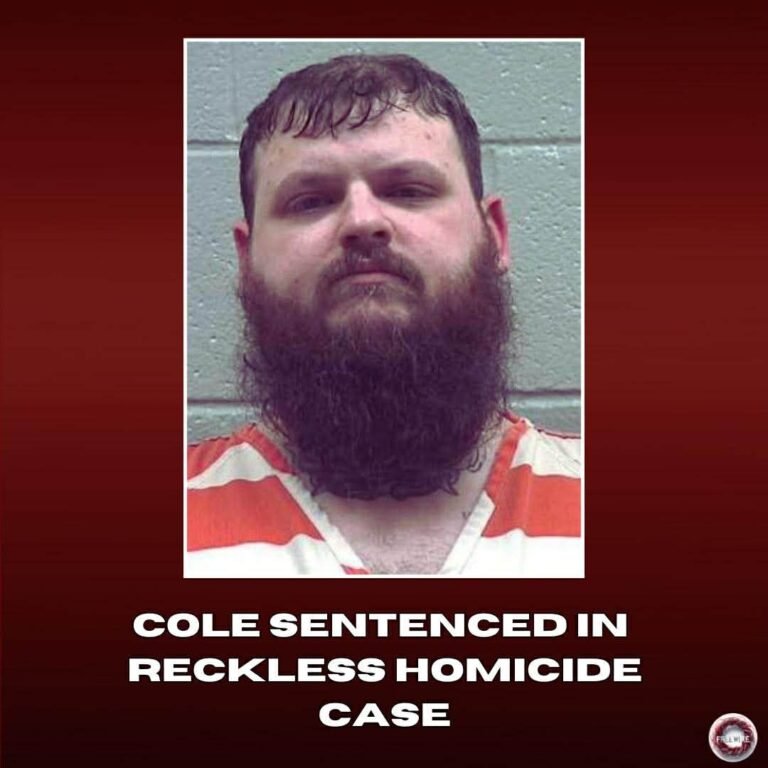

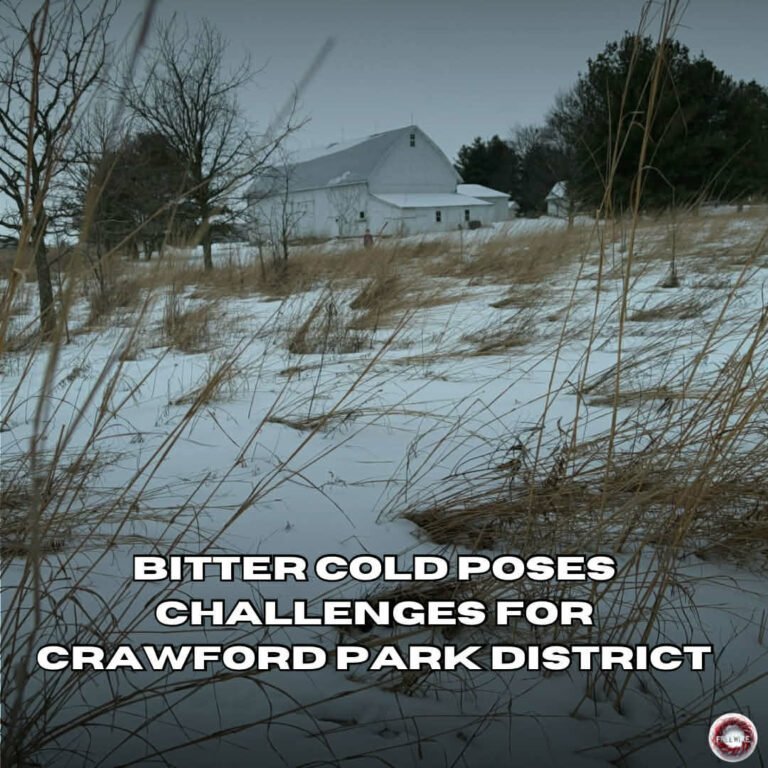



The goal is to provoke some kind of reaction that can be posted for views and money. Just ignore the creeps, the buzzards will circle elsewhere.